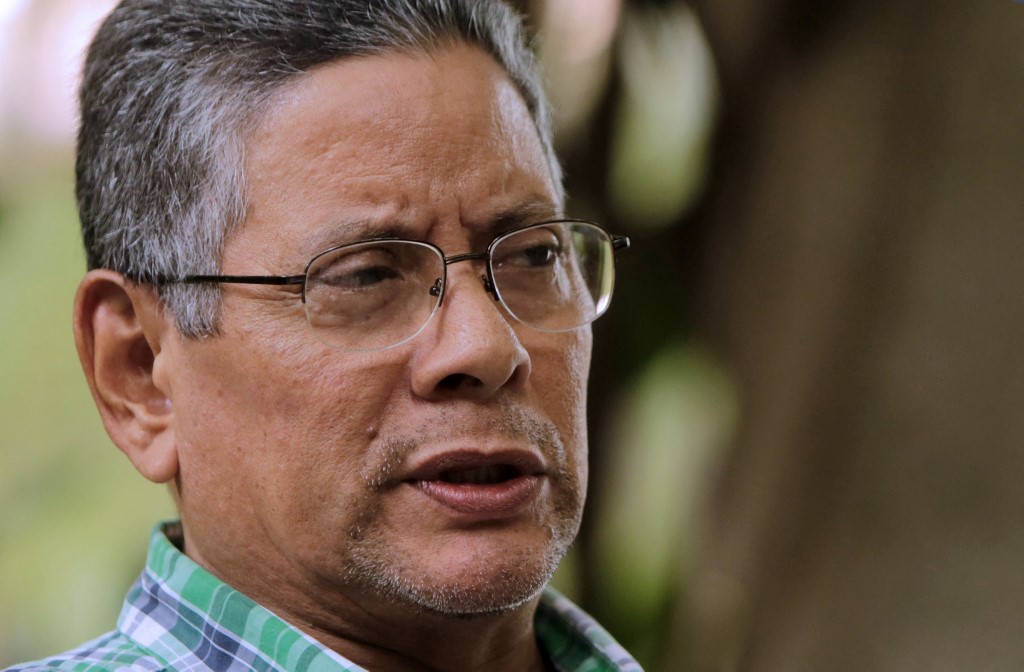To the cry of “justice,” the remains of retired Nicaraguan Army Major Roberto Samcam, a staunch critic of the Daniel Ortega government who was assassinated Thursday in Costa Rica, were buried Sunday in a cemetery in the capital, San José. Samcam, 66, was killed by eight gunshots fired by hitmen who broke into his home in Moravia, in the northeastern part of San José, where he had been exiled since 2018.
His coffin, taken to a cemetery in San José, was draped with the flags of Nicaragua and Spain, the latter having granted him nationality in 2023 after the Ortega government stripped him of his Nicaraguan citizenship, as it did with hundreds of other dissidents.
“We are deeply grateful to the Costa Rican authorities and the U.S. State Department for their swift condemnation of our father’s murder and their willingness to assist Costa Rican authorities in achieving justice,” said Gabriel Samcam, one of the former officer’s sons. He called for identifying both the “material” and “intellectual” authors of the crime.
A day before the murder, in an interview, Samcam had “warned that Nicaraguan intelligence cells operate in Costa Rica with the goal of monitoring and targeting political refugees,” his son recalled, noting that his father’s remains will stay in Costa Rica “until Nicaragua becomes a republic again.”
Nicaraguan human rights advocate Gonzalo Carrión, himself exiled in Costa Rica, stated that “the center of that [assassination] order is in Nicaragua” and urged the Costa Rican government to take the crime seriously and pursue a thorough investigation.
More than 70 Nicaraguan exiles, including intellectuals, journalists, and political and human rights activists, called for international protection on Friday following Samcam’s killing. Various organizations, including the United Nations, voiced concern over the assassination and called for protection for exiles and refugees and a full investigation.
Ortega, a 79-year-old former guerrilla who has ruled Nicaragua since 2007—and previously in the 1980s—is accused by critics and human rights groups of establishing a “family dictatorship” alongside his wife Rosario Murillo, who turned 74 on Sunday and was named co-president in February through a constitutional reform.






